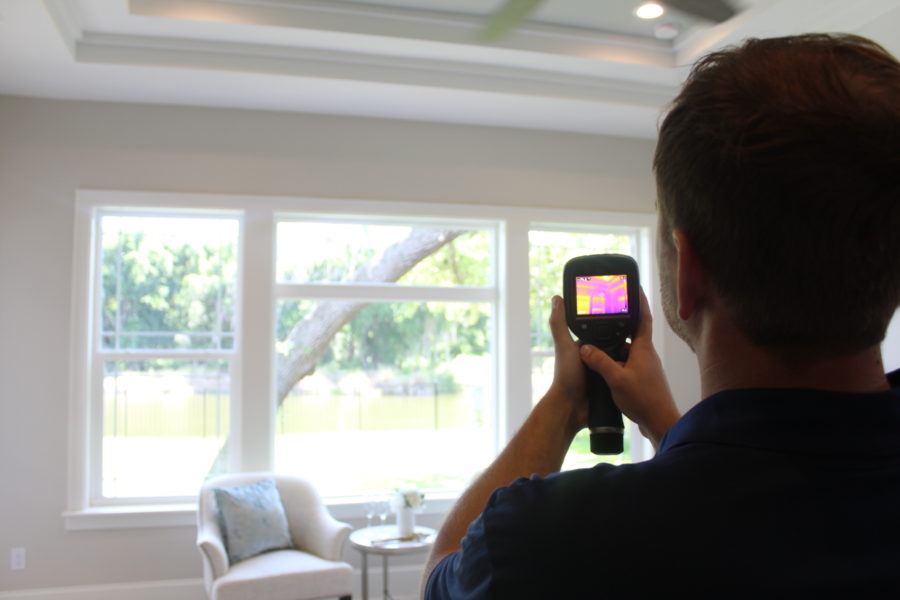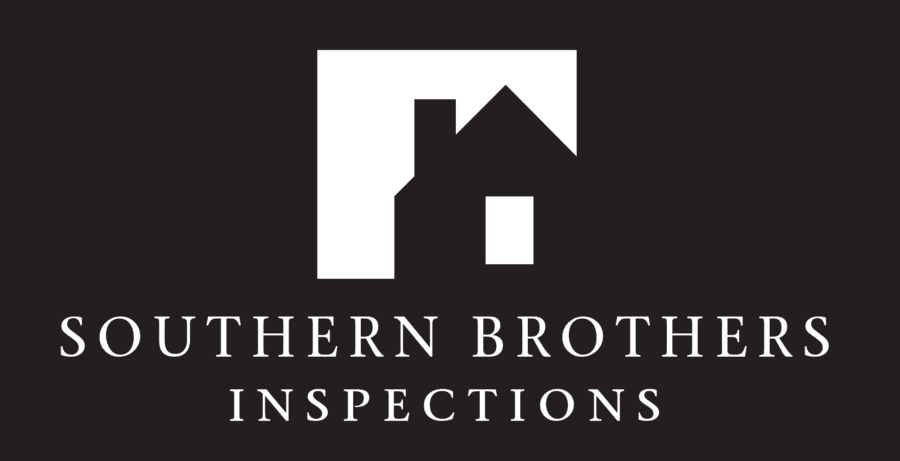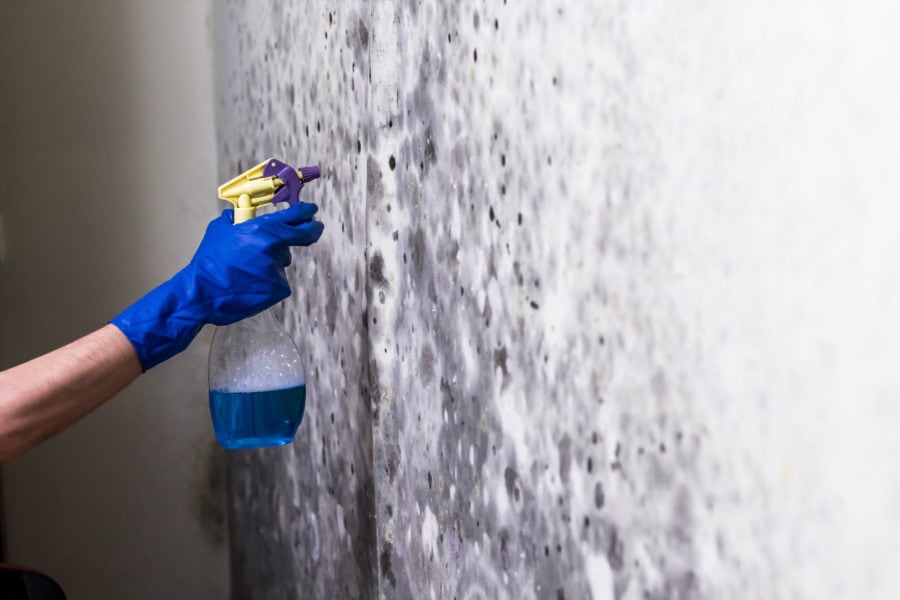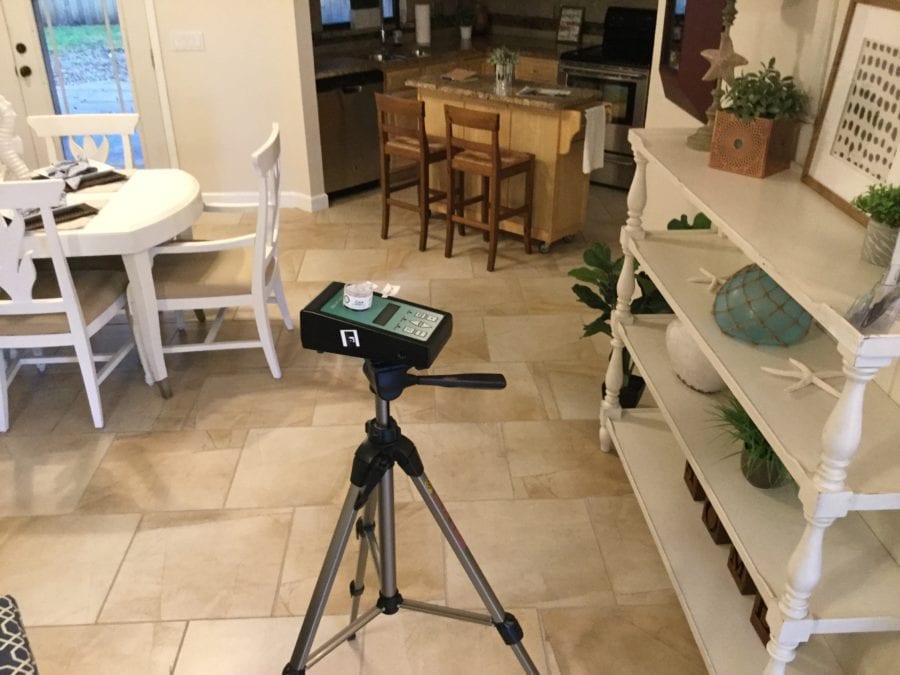Mold in Florida: What you need to know
Mold is one of those elusive words that either brings eye rolls or sinking stomachs. For some, the word mold carries a connotation of fear and anxiety due to past living experiences or damaged immune systems. For others, the word just means that you’re in Florida and the bleach should be under the sink somewhere. Let me explain….
Mold can travel through the air, undetected, or it can lie beneath the surface of your residential or commercial buildings walls, floors, ceilings, and even air ducts. An indoor air quality inspection is the best way to determine if you have mold contamination or an indoor air quality that exceeds recommended thresholds. Especially if you can’t see the mold.
The 3 Fundamental Elements of Mold: Organic Material, Moisture, and Temperature
Mold requires three fundamental elements (the fourth element of oxygen is beyond our control, so we’ll focus on the other three): an organic material to grow on (its “food” source), moisture, and temperature. Therefore spraying water and bleach onto a thriving mold environment only allows the components of the mold you can’t see to thrive on the additional moisture you’ve just contributed to the mold formula.

Jacksonville, Florida and the North Florida region are prime climates for mold development, so what do we do about it? Understanding these basic principles will hopefully provide some insight, but mold is not always on the surface, nor is mold always visible. Mold can be and is proven to be elusive.
How do I Know if my Property is Mold Free?
The best way to know if your residential or commercial property in Jacksonville, Florida is safe from mold contamination or mold infestation is to utilize the services of a licensed mold assessor. A licensed mold assessor is trained and experienced in the details of mold and biology sciences and the conditions that propitiate mold development. Utilizing a licensed mold assessor to complete a mold inspection or mold assessment is the best way to obtain peace of mind in the realm of mold. Having an indoor air quality test conducted on your residential or commercial property could provide you the much needed details on the air that you are breathing everyday.
Southern Brothers Inspections has a licensed mold assessor ready and able to assist you with any of your mold or environmental concerns. For more info about having a Mold Assessment done, click HERE. For more info on having Air Quality Testing, click HERE. Contact Southern Brothers Inspections today for your Mold Assessment, Mold Inspection, Indoor Air Quality Inspection, or Mold Testing needs! 904.747.0888






